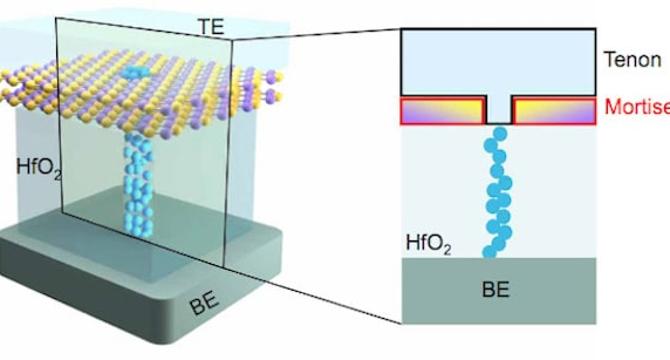Physicsworld
1M
338

Image Credit: Physicsworld
Ancient woodworking technique inspires improved memristor
- Researchers in China have adapted the ancient mortise-and-tenon woodworking structure to design nanoscale memristors for scientific computing applications.
- Memristors are devices whose resistance changes based on previously applied current, enabling programmed resistance values to be stored even when power is off.
- The newly designed mortise-tenon-shaped (MTS) architecture memristors show exceptional properties such as high endurance, long-term memory retention, and fast switching speed.
- This innovative technique could lead to the development of high-uniformity memristors for energy-efficient scientific computing platforms, potentially improving computational accuracy in large-scale arrays.
Read Full Article
20 Likes
For uninterrupted reading, download the app